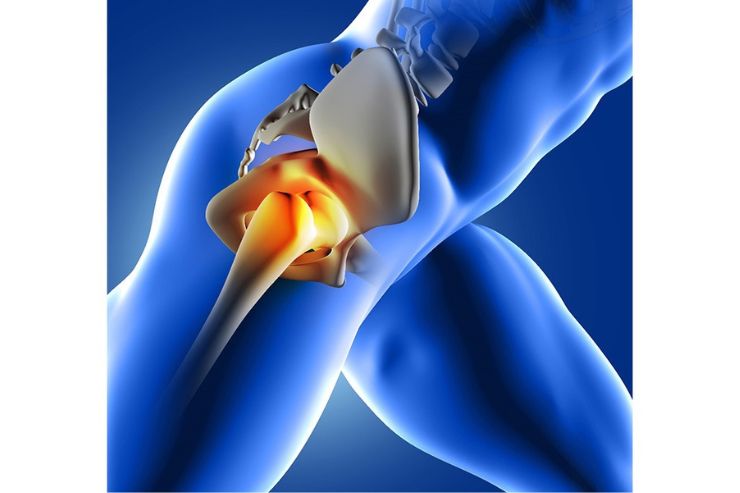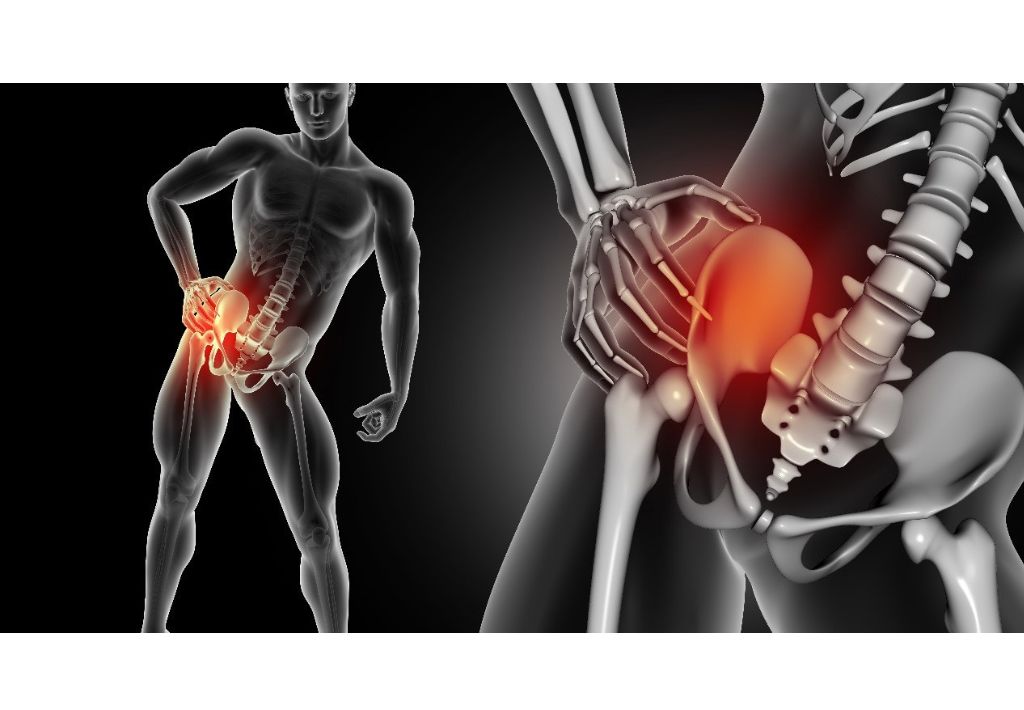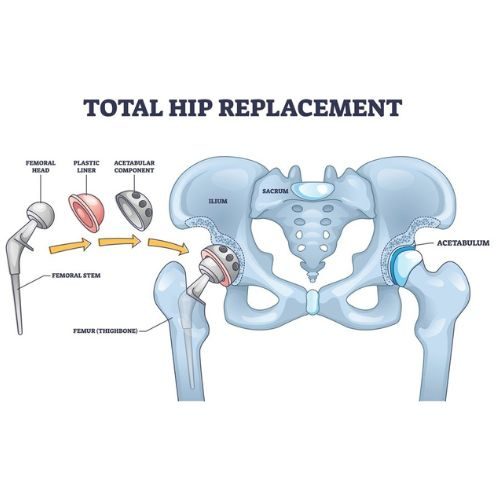Total Hip Replacement Surgery: Everything You Need to Know
Jaipur Joints Care
Total Hip Replacement Surgery or hip arthroplasty, is a surgical procedure in which a surgeon replaces a damaged or unhealthy hip joint with an artificial implant. The goal of the procedure is to decrease pain, increase movement, and improve the overall quality of life for individuals with serious hip joint problems. Let's see some of the aspects involving Total Hip Replacement Surgery to gain a comprehensive understanding of this procedure.

Understanding Total Hip Replacement Surgery:
Total Hip Replacement Surgery means best orthopedic surgeon in Jaipur take out the parts of your hip joint that are damaged, like the femoral head and socket. Doctor will replace these with metal, plastic, or ceramic parts. These new parts work like a natural hip joint to help make moving easier and reduce any pain.
Causes of Hip Pain
Hip discomfort can happen for many reasons, including osteoarthritis, rheumatoid arthritis, avascular necrosis, hip fractures, and injuries. These conditions are usually characterized by or result in inflammation, cartilage damage, bone deformity, and inability to use the joint functionally, which leads to substantial discomfort and trouble with moving around.
Who Should Consider Total Hip Replacement Surgery
Total Hip Replacement Surgery is appropriate for those with a severe degree of hip pain that hampers their everyday functioning and quality of life. Candidates for this surgery may have constant pain, stiffness, swelling, and an inability to move the hip joint freely or normally. Their symptoms do not improve with typical treatment methods, such as medication, physical therapy, or lifestyle changes.
They may also have X-ray or MRI documentation of advanced degeneration of the joint, deformities of the joint, or other deformities or structural abnormalities that require surgical treatment. It is essential to consult an experienced orthopedic surgeon before starting the process of having Total Hip Replacement Surgery. The orthopedic doctor in Mansarovar, Jaipur will review your medical history, review your symptoms, and review your general health before determining an appropriate treatment plan.
Precautions After Total Hip Replacement Surgery
Total Hip Replacement Surgery, patients need to take precautions to ensure the new hip joint stays healthy and healing is expedient. Standard precautions for patients include not participating in high-impact activities, avoiding heavy lifts, and refraining from movements that involve excessive bending or twisting that can either strain or dislocate the hip joint.
In addition to the standard precautions a patient is expected to implement post-operatively, patients need to follow any recommendations provided by their surgeon regarding post-operative care, rehabilitation exercises, and their activities to reduce risk in recovery and related complications. Following these precautions closely can help the patient's hip replacement be as successful and durable as it can.

Rehabilitation and Recovery
Rehabilitation is an important part of the recovery phase after Total Hip Replacement Surgery. The orthopedic surgeon in Jaipurmay prescribe specific physical therapy exercises, to strengthen muscles surrounding the hip joint, stabilize the joint, and improve movement. These exercises may include gentle stretching, strengthening exercises, and functional movement exercises specific to each person.
In addition to physical therapy, the patient is encouraged to participate in light activity and to gradually increase the amount of mobility, if tolerated. Walking using an assistive device such as a crutch or walker is a great way to help support the healing hip joint while getting progressively stronger and improving balance.
Home Care Tips After Total Hip Replacement Surgery:
In order for patients to have a smooth recovery at home, patients need to follow the surgeon's guidelines for postoperative care and take measures to create a safe and comfortable healing environment. To help with home care after Total Hip Replacement Surgery, consider the following tips:
- Taking prescribed pain medications and anti-inflammatory medications exactly as directed.
- Wound care to prevent infections; promote wound healing.
- Making use of assistive devices such as raised toilet seats, shower chairs, and grab bars to assist you in daily activities.
- Changing positions; whether seated or standing, try to avoid remaining in the same position for too long, to evade stiffness or discomfort.
- Gradually reintroducing activities of daily living such as dressing, grooming, and light household tasks, while not hesitating to ask for assistance.
- Follow up with your surgeon; keep a follow-up appointment to routinely assess the progress of your hip joint, and to promptly address any concerns or complications.
- By following these suggestions for caring for yourself at home, and keeping your healthcare team in the loop, you can improve your recovery and obtain optimal results after Total Hip Replacement Surgery.

Total Hip Replacement Surgery can be an ideal treatment option for persons with hip joint problems that affect their life and quality of life. Understanding the process involved with the surgical procedure, indications, precautions, rehabilitation, and home care tips will help the patient make informed decisions and take active steps toward an appropriate recovery and restored mobility.Reach out to Dr. Rakesh Verma in case of any query.
